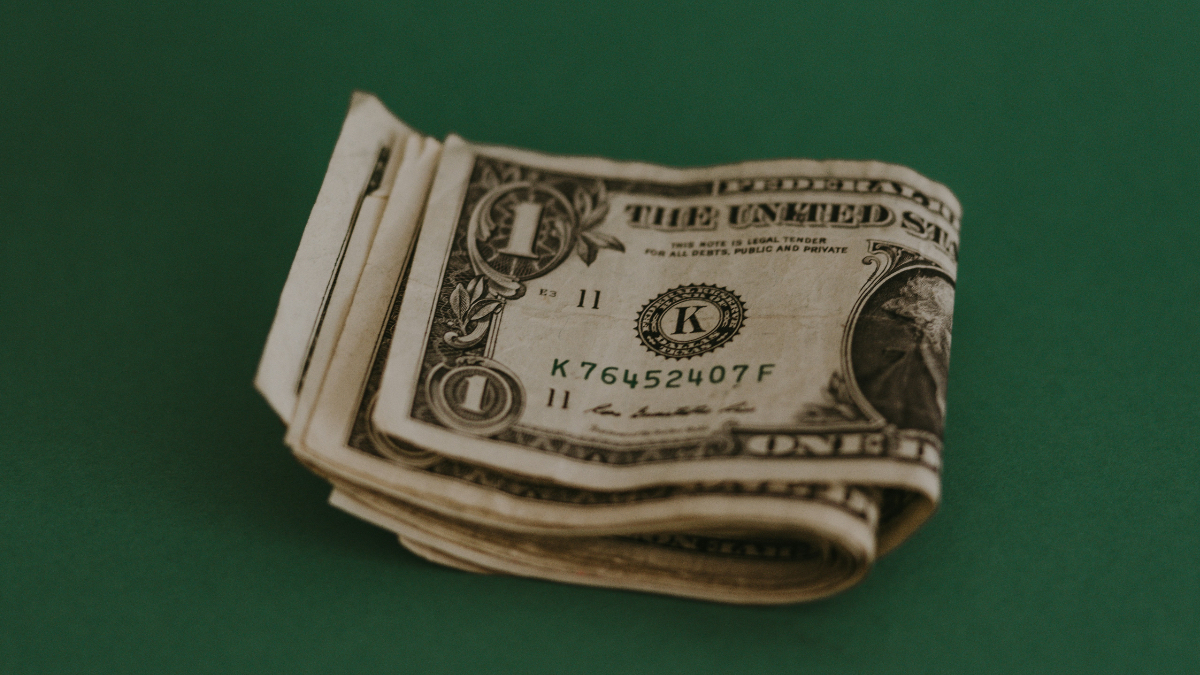The maximum amount of Social Security benefit is $4,873 per month, which requires meeting a number of requirements, but did you know there are additional payments you may be eligible for? These are also known as Special payments. Special payments are payments that you receive after you retire, for work you did before you started getting Social Security benefits. Special payments can include bonuses, accumulated vacation or sick pay, severance pay, back pay, standby pay, sales commissions, and retirement payments.
Here’s a detailed guide on the extra payments and special payments you can collect even if you’re already receiving the maximum Social Security benefits.
List of Special Payments You may also be eligible for
Here are some special payments you might be eligible for in addition to your regular Social Security benefits:
Bonuses
If you receive a bonus from your employer after retirement, it counts as a special payment if the work that earned the bonus was completed before you retired.
Accumulated vacation or sick pay
Any vacation or sick leave that you accumulated before retirement and are paid for after retirement is considered a special payment.
Severance pay
Severance pay received after retirement for work done before retirement is also classified as a special payment.
Back pay
If you receive back pay for work performed before retirement, it is considered a special payment.
Standby pay
Standby pay received after retirement for work done before retirement falls under special payments.
Sales commissions
Sales commissions earned before retirement but paid after retirement are considered special payments.
Retirement payments
Any retirement payments received after retirement for work done before retirement are classified as special payments.
Deferred compensation
Deferred compensation received after retirement for work done before retirement is considered a special payment.
Other employer payments
Other types of payments from your employer, such as awards or prizes for work done before retirement, can also be considered special payments.
What qualifies as a special payment?
If you worked for wages, income received after retirement counts as a special payment. This applies if the last task you did to earn the payment was completed before you stopped work. Some special payments to employees include bonuses, accumulated vacation or sick pay, severance pay, back pay, standby pay, sales commissions, and retirement payments. Another example of a special payment is deferred compensation reported on a W-2 form for 1 year but earned in a previous year. These amounts may be on your W-2 in the box labeled “Nonqualified Plan.”If you were self-employed, any net income you receive after the 1st year you retire counts as a special payment. This applies if you performed the services before your entitlement to Social Security benefits. “Services” are any regular work or other significant activity you do for your business. Some special payments to self-employed people include:
- Farm agricultural program payments.
- Income from carryover crops.
- Income gained by an owner of a business who does not perform significant services in that business.
These special payments can provide additional financial support even after you have retired. It’s important to understand how these payments are classified and how they might affect your Social Security benefits. If you have any specific questions about your situation, it’s a good idea to consult with a financial advisor or the Social Security Administration.


